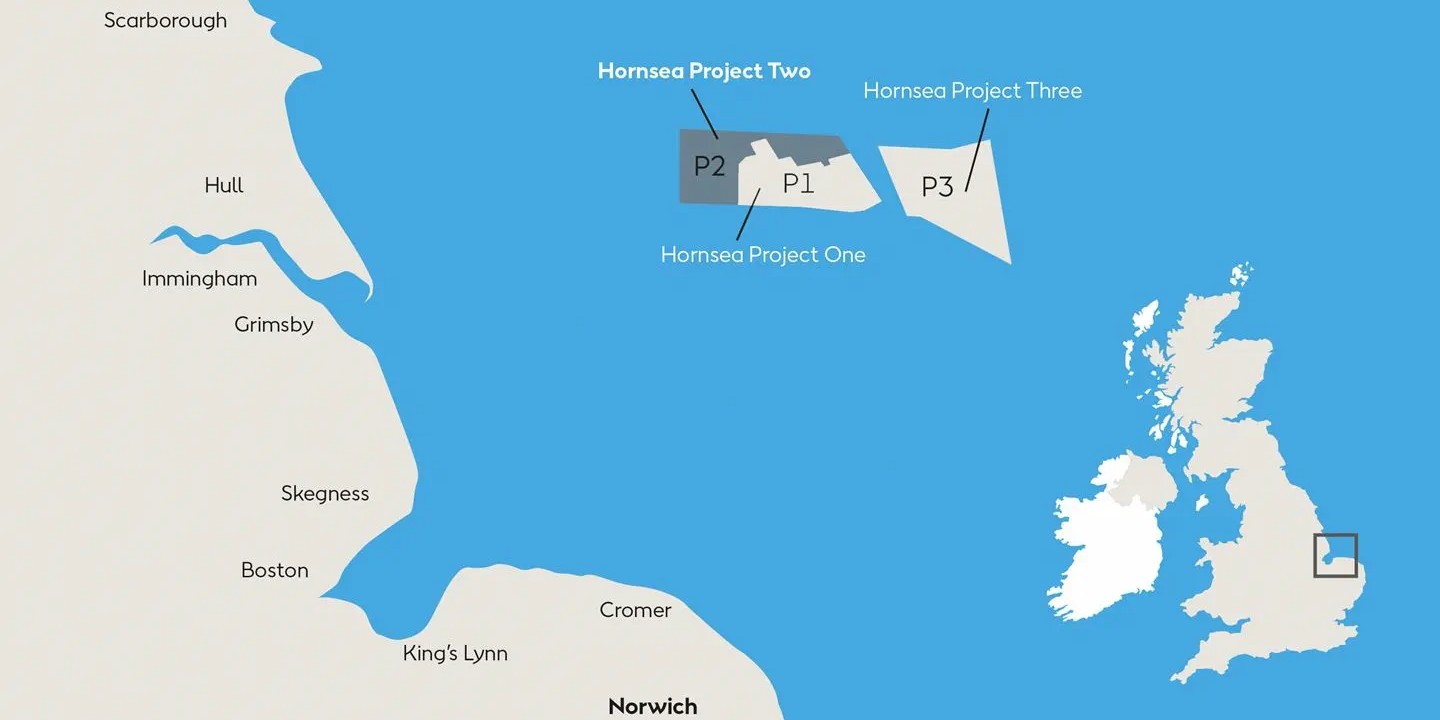Topalov: Carlsen “should give his brain to science”
Former FIDE World Champion Veselin Topalov puts Magnus Carlsen’s success down to his ability to function normally in the 6th and 7th hour of a game of chess. He was interviewed about the Carlsen-Nepomniachtchi match and more by Evgeny Surov at the opening ceremony of the 4th Salamanca Chess Festival. Veselin also suggested that the World Chess Championship could switch to a knockout system.
Veselin Topalov is the top seed for the Salamanca Chess Festival, where the main event is an 8-player tournament taking place at the University of Salamanca. The time control is slow rapid, with 40 minutes per game per player plus a 5-second increment after each move.
Before the tournament began Veselin Topalov talked to Evgeny Surov for chessnews.ru.
Evgeny Surov: Veselin, welcome! I haven’t seen you for a long time. How are you living now? What are you doing?
Veselin Topalov: How to say… There are no big changes. I haven’t played much online and overall, since the pandemic began, I’ve been living a family life. There are periods when you have the impression that it’s better not to do anything and to wait it out. It seems the time has come when inactivity is better than activity. I’ve played rapid chess, but I haven’t take part in any major tournaments.
What were your impressions of the World Championship match?
In my view too much was expected of Nepomniachtchi. I, at least, wanted the match to be more hard-fought, but unfortunately… The last time there was such a difference in class was in 2008, when Anand played Kramnik.
In this match the openings didn’t influence the result. Magnus’s huge advantage is that he’s able to play well for a very long time, to make a lot of good moves, as if forever. His brain works well after the fifth, sixth or seventh hour of play.
And how does he achieve that?
You need to ask him… In my view he should give his brain to science, and only then can we find out. And physically he’s very strong, which also helps.
Incidentally, in your best years you were considered one of the most resilient chess players.
That’s something else. To get into good physical shape isn’t so tough, but the structure of his brain is, in my view, very specific. I repeat: after the seventh hour his brain works at almost the same level as in the second hour. Very many people are capable of playing decently for three, four or five hours, but in the 6th-7th hour almost everyone crashes. He, however, plays very evenly. That’s his main advantage over the rest.
So you think that nowadays there isn’t a chess player who could play a match against him on a level footing?
For now I don’t see anyone. Sooner or later, when he’s 35-40, he’ll lose his title [unless Magnus concedes the title without playing first], but now he’s simply in his prime. Besides, he has such a style that he simply tortures his opponents in “dull” positions. 90% of players lose interest in such positions, but it’s as if it doesn’t matter to him. It’s very tough to adapt to such a style and it’s hard to fight against. The opening has nothing to do with it. Let’s take that sixth game of the match: Nepomniachtchi made 120 good moves, and it turned out that wasn’t enough!
And as far as modern chess in 2020-2021 goes… Has it changed in comparison to what we saw even 7-8 years ago?
Yes. The trend is that the match won’t be of any more interest. People expect a great deal from a World Championship match, and I don’t know why. In such matches the result is more important, it’s sport and not a show. No-one will play the King’s Gambit. Of course, you can speed up the time control, and maybe that wouldn’t be such a bad idea… But if everything stays as it is, the drawish tendencies will only grow. Computers aren’t going to start playing any worse, and the openings will be analysed further and further. We were actually lucky that the match turned out to be so decisive.
Do we need such a match at all?
I’m not convinced. In general I’m not against the knockout system. Of course, it includes an element of luck, but while you’re playing you can become the World Champion. That’s the big advantage of such a format. But if you make it a knockout, then an annual one. It can’t be every three years.
And the winner gets the World Championship title?
Yes, let’s say at the end of each year.
We had that once. People criticised it: we got the wrong champions…
Of course. Where I’m coming from is that no ideal system exists. Knockouts, and tournaments, and matches, all have their advantages and flaws. But if it’s nevertheless going to be a knockout, then every year.
Romain Édouard is playing in Salamanca as a late replacement for Nigel Short, who is unfortunately fighting a COVID infection. The French Grandmaster was a long-term second of Topalov’s and produced a chess24 video series on Veselin’s play.
There’s going to be lots more rapid and blitz chess coming up in the next week or two. On Friday 17th December Jan-Krzysztof Duda will be the clear favourite for the European Blitz Championship in Katowice, Poland, with the Rapid Championship taking place on Saturday and Sunday.
Saturday 18th December is also when the Vugar Gashimov Memorial begins in Baku, Azerbaijan, with an impressive 8-player line-up of Vishy Anand, Fabiano Caruana, Shakhriyar Mamedyarov, Sergey Karjakin, Richard Rapport, David Navara, Rauf Mamedov and Vugar Asadli.
Then from December 26-30 it’s the big one, the World Rapid and Blitz Championship, hastily rearranged to take place in the Polish capital of Warsaw after COVID restrictions made playing the event in Kazakhstan impossible. Magnus Carlsen is set to top the field, with the event taking place in the Polish national stadium.
We’ll have live commentary here on chess24!








.jpg;w=960)




